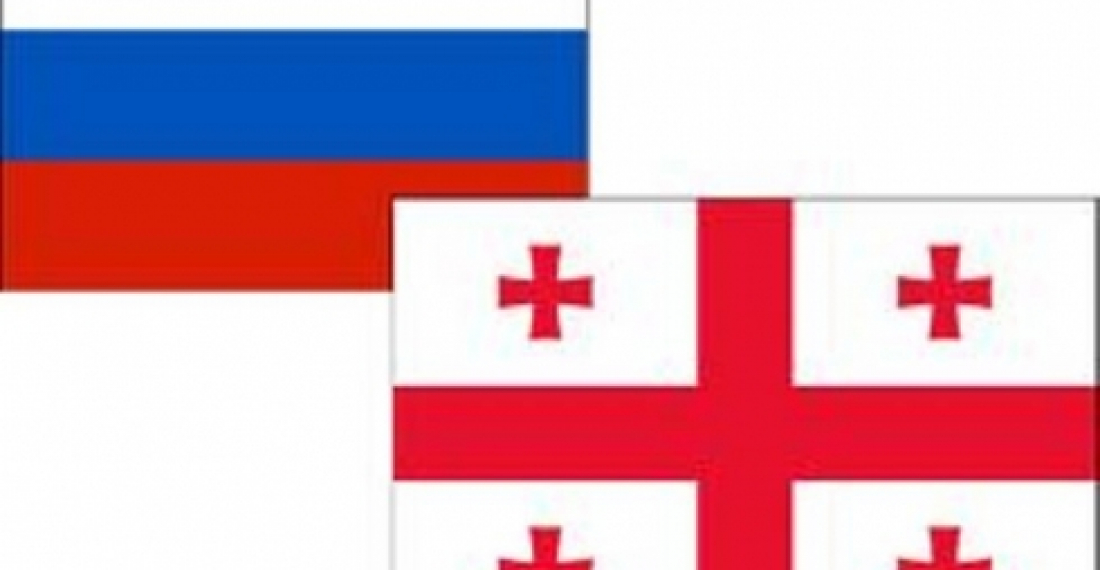Russian Deputy Foreign Minister Grigory Karasin met with Georgian prime minister's special envoy on Russia, Zurab Abashidze in Prague on Friday to discuss visa regime, Georgia's participation at the 2014 Winter Olympics in Sochi, wine exports to Russia, direct flights between Moscow and Tbilisi and other issues, according to the Russian news Agency RIA Novosti.
"Both sides are satisfied with the results [of the meeting], they are convinced that our unofficial contacts have a future. We tentatively agreed to hold the next meeting in May. Its location will be discussed later, but it might be Prague," Karasin said after the talks.
He described the meeting as "constructive," saying that it allowed making a step forward on a number of practical issues, such as the visa regime and resumption of direct flights between the two states.
"The Georgian side is interested in easing Russian visa regime for Georgian nationals. We noted that it is quite natural for two states with no diplomatic relations to have strict visa requirements. But, at the same time, we have extended the range of possibilities to visit Russia for various groups of Georgian residents. We will work on ways to further ease this regime. This is a homework that we should do at the inter-departmental level," Karasin said. "We've touched upon the resumption of direct flights between the two states and discussed ground transportation issues, too," the Russian diplomat said.
The envoys have also discussed the possible lift of Russia's ban on Georgian wine and mineral water. Russia's consumer watchdog Rospotrebnadzor said earlier this week it was ready to start talks with Georgian business on allowing Georgian wine and mineral water to be sold in Russia again, following inspections of Georgian enterprises by Russian specialists.
"[The inspections] were accompanied by outbursts of anger by [Georgian] President [Mikheil] Saakashvili, however, it did not prevent those inspections from being successful," Karasin said. "The work [to lift the Russian ban] will continue."
Russian chief consumers' rights official Gennady Onishchenko said in early February the ban might be lifted "this spring."
Abashidze also described the talks as "constructive" and "successful," saying that the two sides have discussed the possibilities for Georgian athletes to take part in the Sochi Olympics.
"Representatives of the [two] states will join negotiations on this issue if needed," he said.
Commonspace.eu political editor said that this channel of communication between the two countries is for the moment working well. "The two diplomats are experienced and level headed, and are the right persons to deal with a big backlog of technical issues outstanding between the two countries. However very soon this channel will need to be complimented by a more high profile and more political channel if it is to be sustained. The resumption of diplomatic relations is not at the moment under discussion because of the Russian recognition of Abkhazia and South Ossetia. But a possible meeting between Prime Minister of Georgia Bidhizina Ivanishvili and either President Putin or Prime Minister Medvedev is likely to happen some time in the coming months. For the Georgians it would be better if the meeting takes place in a western country, perhaps on the margin of some international meeting. For the Russians the situation in the South caucasus remains increasingly complicated and they are keen to keep the Georgian side engaged in the discussions. So some Russian concessions are likely too."
source: commonspace.eu with RIA Novosti







